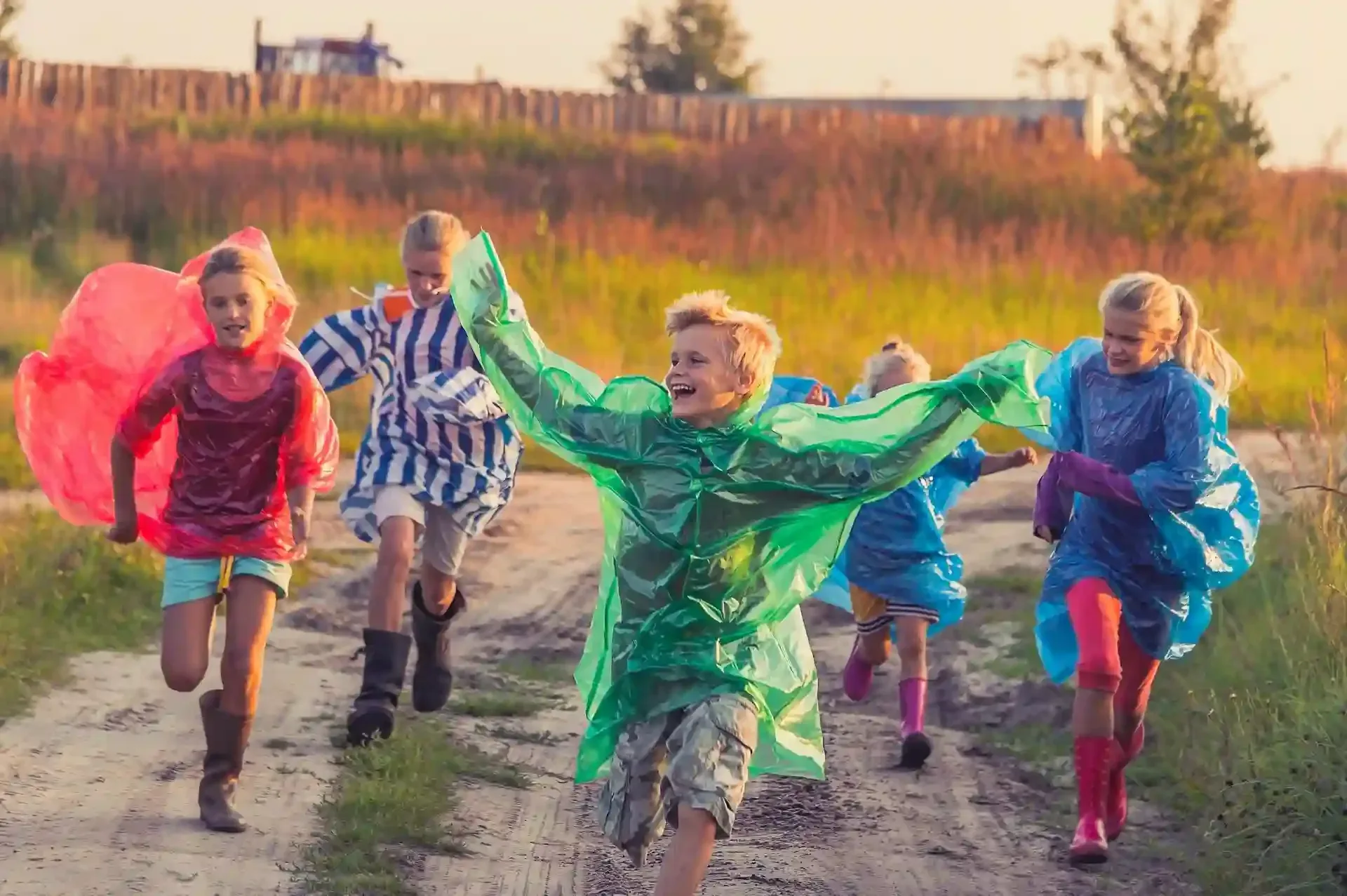Group activity for kids is more than just a way to pass time. It is an opportunity for young learners to explore teamwork, creativity, emotional intelligence, and problem-solving in a joyful environment. When children come together in a shared space to play, create, or imagine, they build the essential skills that prepare them for school and life.
At DeeCyDa Early Learning Center in Irvine, California, group activities are thoughtfully designed to inspire cooperation, curiosity, and kindness. Through daily engagement in indoor and outdoor settings, children learn to express themselves, listen to others, and celebrate teamwork.
This comprehensive guide explores the most enriching types of group activity for kids across creative, educational, and physical categories—each crafted to help children grow socially, emotionally, and intellectually.
Contents
- 1 Why Group Activities Matter in Early Childhood Development
- 2 Creative and Sensory Group Activities for Kids
- 3 Educational and Cognitive Group Activities for Kids
- 4 Outdoor and Physical Group Activities for Kids
- 5 Indoor Group Activities for Rainy Days
- 6 Social and Emotional Learning Through Group Activities
- 7 Tips for Planning Effective Group Activities
- 8 How DeeCyDa Brings Learning to Life Through Group Activities
- 9 Frequently Asked Questions
- 10 Conclusion: Building Lifelong Skills Through Group Play
Why Group Activities Matter in Early Childhood Development
Group activity for kids supports a child’s development in ways that solitary play cannot. By participating in shared experiences, children learn to communicate, empathize, and collaborate.
When children play together, they practice teamwork, patience, and leadership. They develop the ability to express thoughts clearly and respectfully, recognize others’ emotions, and solve challenges together. Group activity for kids helps children learn how to manage emotions, follow directions, and take turns—key social milestones during the early years.
The most effective group activities are those that allow children to explore freely while still providing a structure that promotes cooperation and interaction. When guided with care, these activities foster balance between independence and teamwork.
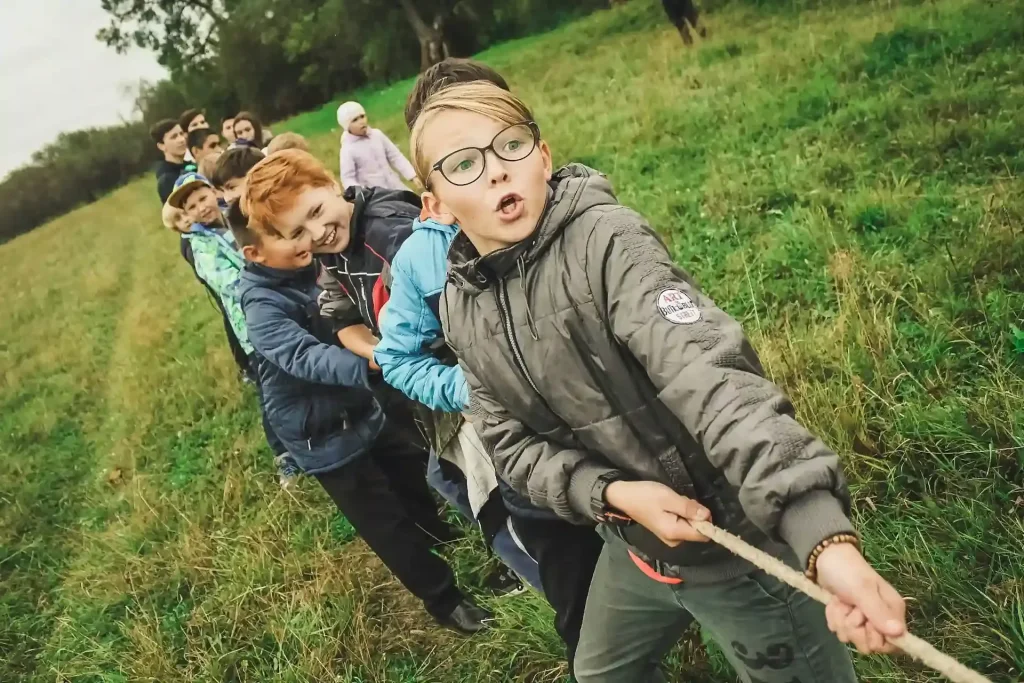
Creative and Sensory Group Activities for Kids
Art Projects that Build Cooperation
A shared art project is one of the simplest yet most powerful forms of group activity for kids. Whether it’s painting a mural, designing a class collage, or sculpting clay together, creative projects encourage teamwork and expression.
Children learn to share materials, respect each other’s ideas, and admire diverse styles. As they paint, glue, and shape, they discover that teamwork can make something more beautiful than any individual effort.
These creative group activities for kids enhance imagination, improve fine motor skills, and promote emotional connection. The process of creating together also builds patience and empathy as children see how each piece contributes to the final artwork.
Music and Movement Games
Music connects children in a natural way. Group sing-alongs, dance circles, or rhythm games are wonderful forms of group activity for kids that develop listening and coordination.
When children clap to the same beat, move in rhythm, or respond to tempo changes, they practice collaboration and awareness of others. Group dance sessions and rhythm games teach turn-taking, leadership, and confidence in performance.
These interactive group activities for kids also support physical development and social-emotional growth. As they sing together, children learn the joy of shared expression and the comfort of belonging to a group.
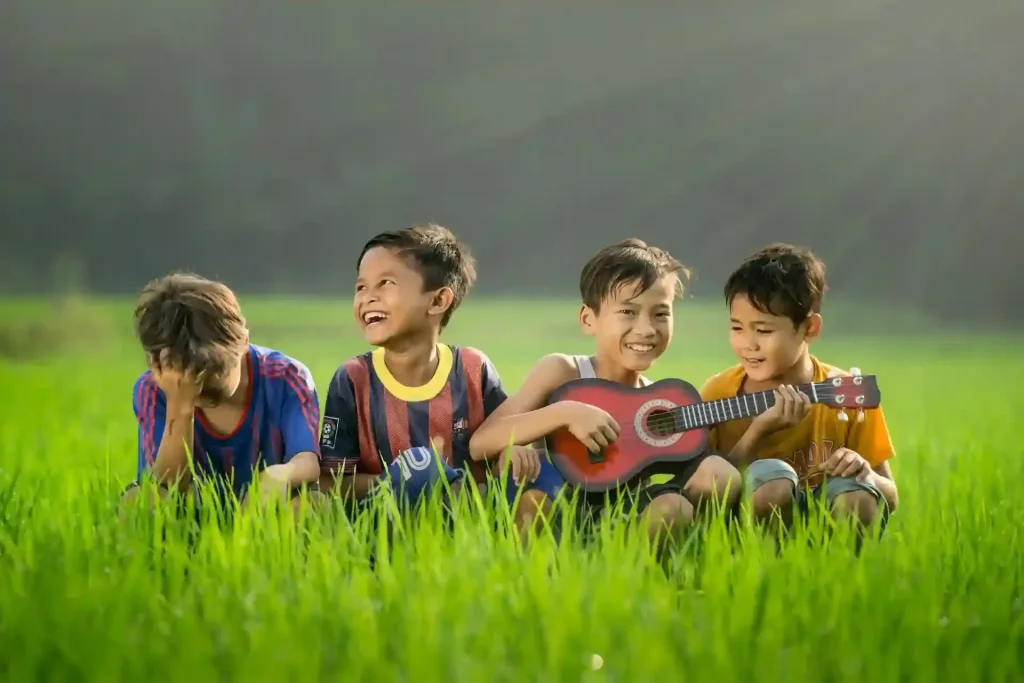
Storytelling and Drama Play
Imagination blossoms when children act out stories together. Role-playing as animals, community helpers, or story characters allows children to express creativity while learning cooperation.
This kind of group activity for kids also enhances language skills, comprehension, and emotional intelligence. When a child pretends to be a doctor, firefighter, or explorer, they are practicing empathy and perspective-taking.
Storytelling circles, puppet shows, or short plays encourage children to take turns speaking, listening, and supporting one another. These dramatic play sessions build confidence, teach teamwork, and nurture communication skills.
Sensory Play Stations
Toddlers and preschoolers benefit deeply from sensory-based group activity for kids. Stations filled with sand, water, rice, or playdough invite children to explore textures and cause-and-effect through teamwork.
For example, at DeeCyDa, children might work together to build a sandcastle or experiment with water flow using cups and funnels. These sensory group play ideas for kids develop patience, cooperation, and fine motor control.
Sharing materials in a limited space helps children practice social awareness and turn-taking. The tactile experience also supports emotional regulation and cognitive development.
Educational and Cognitive Group Activities for Kids
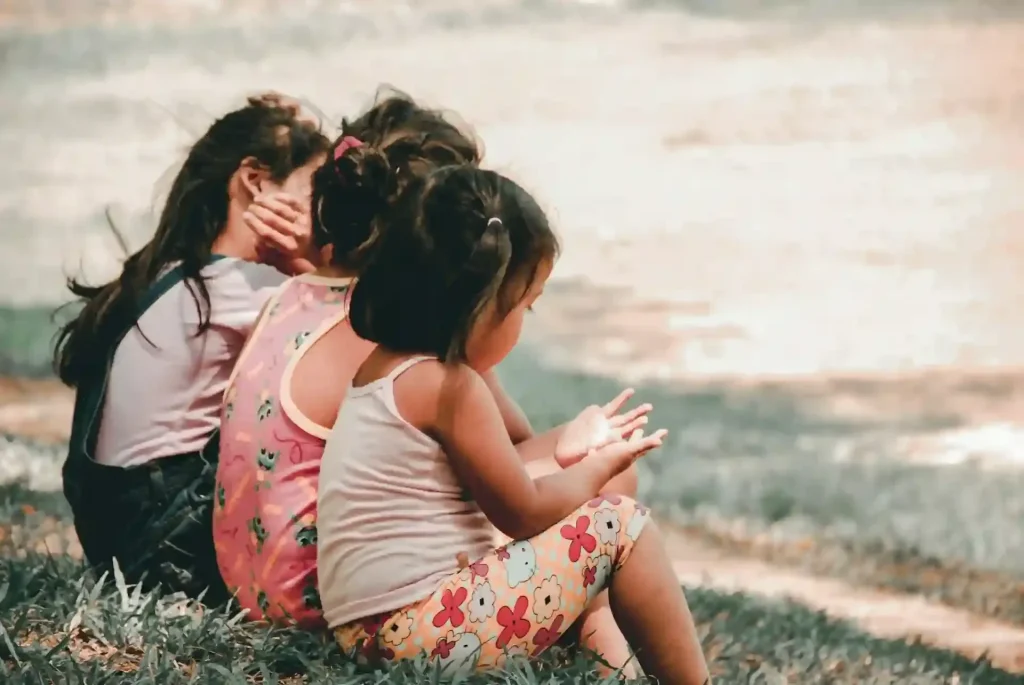
Communication and Team Building Games
Another valuable form of group activity for kids focuses on social-emotional learning. Games that require children to listen, take turns, and understand others’ feelings strengthen emotional intelligence.
Activities such as “emotion charades,” “guess my feeling,” or “find your common interest” teach empathy and self-expression. Through guided discussion, children learn that differences can bring people together rather than separate them.
These teamwork activities for kids emphasize respect and understanding. Each child learns to contribute ideas, negotiate fairly, and recognize the importance of cooperation.
Puzzle Challenges and Problem Solving
Puzzles and logic challenges are wonderful indoor group activities for kids that stimulate concentration and teamwork. Completing a large jigsaw puzzle as a group, building a tower from blocks, or solving a treasure map encourages planning and cooperation.
Children discuss strategies, share ideas, and learn to appreciate different perspectives. As they work toward a common goal, they experience the satisfaction of collective achievement.
These problem-solving group games for kids help develop cognitive flexibility and decision-making. They teach that success often comes through patience and collaboration.
Educational Role Play
Educational role play turns learning into fun. This form of group activity for kids can include creating a pretend market, running a classroom, or simulating a community event.
By assigning roles like teacher, cashier, or customer, children practice counting, communication, and leadership. They understand real-world interactions through play, making learning meaningful and memorable.
Role-based group play for kids encourages imagination, responsibility, and cooperation. Each child learns how their role contributes to a shared outcome.
Outdoor and Physical Group Activities for Kids
Team Sports and Cooperative Games
Outdoor teamwork games for kids such as mini soccer, tag relays, or simple basketball drills promote health and social bonding. These games build endurance, coordination, and fair play.
Group sports activities for kids help children learn discipline, cooperation, and respect for rules. Winning becomes secondary to participation and teamwork.
Physical group activity for kids also supports gross motor development, self-regulation, and confidence. By playing outdoors, children engage in natural social interaction and teamwork.
Nature Exploration
Exploring nature together is one of the most enriching outdoor group activities for kids. Whether collecting leaves, observing insects, or planting a garden, nature-based play builds curiosity and appreciation for the environment.
Children can work together on small eco-projects like growing vegetables, recycling art, or mapping local trees. These activities teach patience, responsibility, and collaboration while connecting learning with the natural world.
Group activity for kids in outdoor settings nurtures mindfulness and sensory awareness. The open environment gives them space to move freely and communicate naturally.
Obstacle Courses and Relay Races
Relay races, cooperative obstacle courses, and scavenger hunts provide fun, movement, and teamwork. These games encourage problem-solving, speed, and coordination.
Teams can compete in friendly challenges that require helping one another across balance beams or collecting items together. The goal is not just to win but to support each teammate.
These outdoor group activities for kids enhance leadership and teamwork while developing physical strength and spatial awareness. Children gain confidence as they complete tasks together.
Camp-Style Group Activities
Camp-style games are a fantastic way to combine creativity and collaboration. Activities like group storytelling by a pretend campfire, team cooking projects, or community building challenges bring excitement and unity.
This kind of group activity for kids emphasizes inclusion and creativity. Children learn to encourage peers, share responsibilities, and celebrate team achievements.
Group camp games also foster friendship and belonging. Whether it’s summer day camp or a school outdoor day, these shared experiences build lifelong social skills.
Indoor Group Activities for Rainy Days
Cooperative Board Games
Games like memory match, cooperative storytelling cards, or build-a-story challenges transform indoor time into teamwork. Children must plan strategies, take turns, and listen carefully.
This indoor group activity for kids strengthens attention span and communication. The shared decision-making teaches flexibility and patience.
Dance, Yoga, and Mindful Movement
Indoor movement sessions, including yoga and dance, allow children to release energy while connecting with others. Guided breathing or calm movement encourages focus and relaxation.
These group play sessions build emotional awareness, body coordination, and cooperation. Children mirror movements, share rhythm, and learn harmony through motion.
Building Projects and Creative Engineering
When space or weather limits outdoor play, use building blocks, recycled materials, or cardboard to spark creativity. Children can design miniature cities, vehicles, or mazes in teams.
This type of group activity for kids combines art, engineering, and imagination. As children plan and build together, they develop leadership and analytical thinking.
Social and Emotional Learning Through Group Activities
Every group activity for kids is an opportunity to strengthen emotional intelligence. Whether through music, art, or science, children learn how to handle feelings, communicate clearly, and solve conflicts peacefully.
When guided with care, these activities become a foundation for lifelong learning. Children understand cooperation, learn to celebrate others’ successes, and practice resilience when things do not go as planned.
Social group activities for kids help them see that teamwork can make challenges easier and learning more enjoyable.
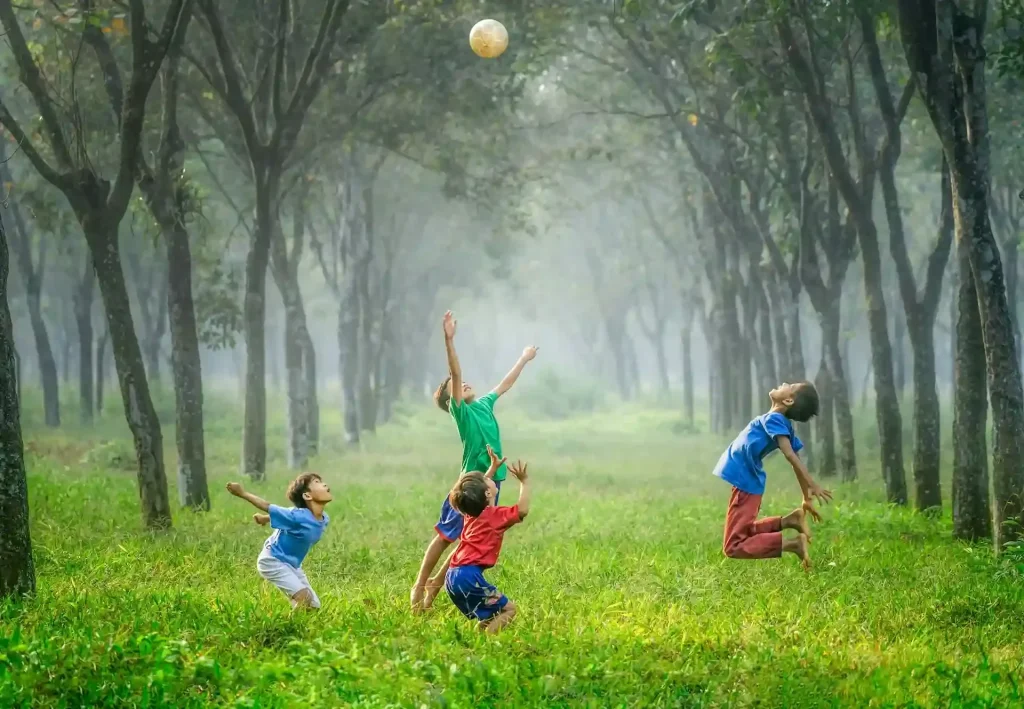
Tips for Planning Effective Group Activities
-
Keep the group size manageable so every child participates.
-
Choose activities that match the children’s age, attention span, and interests.
-
Provide clear goals but allow creativity and choice.
-
Encourage reflection after each activity—ask children what they learned or enjoyed.
-
Balance indoor group activities for kids with outdoor play for variety.
-
Rotate leadership roles so every child experiences guiding and following.
-
Create an inclusive environment where all children feel safe to contribute.
These principles ensure that every group activity for kids leads to genuine engagement and learning.
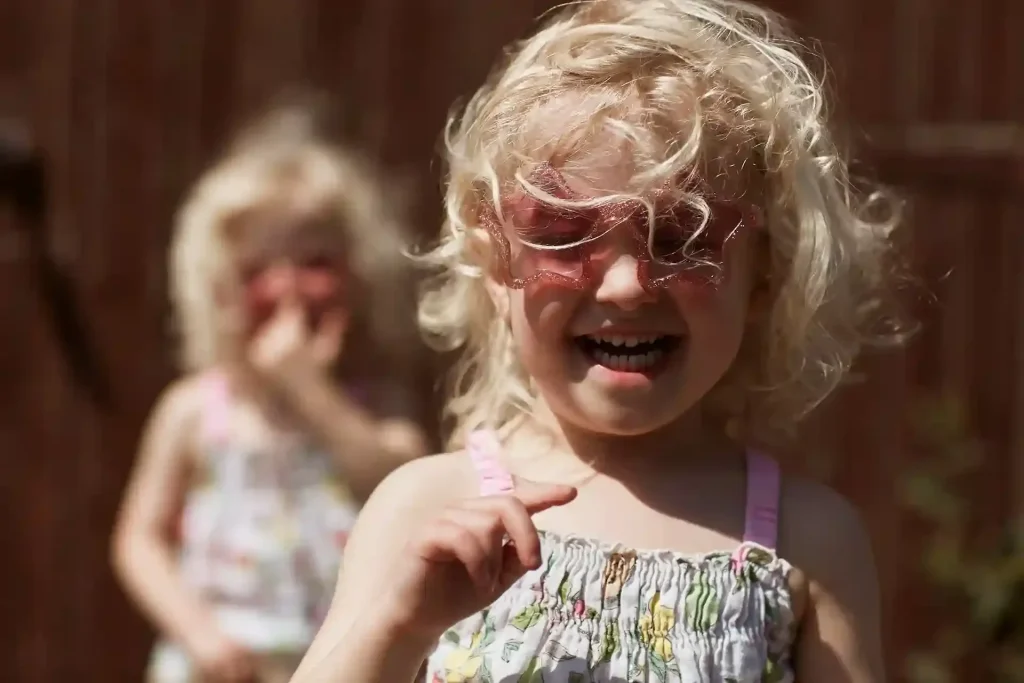
How DeeCyDa Brings Learning to Life Through Group Activities
At DeeCyDa Early Learning Center in Irvine, each classroom integrates group activities into daily routines. The philosophy is simple: children learn best when they collaborate.
Teachers design hands-on learning activities for kids that mix fun and education. Art corners, music circles, and outdoor discovery zones encourage communication and creativity.
By engaging in educational group activities for kids, children at DeeCyDa build confidence, emotional intelligence, and a lifelong love for learning. The environment emphasizes respect, curiosity, and cooperation.
Parents who visit often notice how naturally children interact, support peers, and express ideas. Each group activity for kids becomes a small step toward becoming kind, capable individuals.
Frequently Asked Questions
1. What is the ideal age to start group activities for kids?
Children as young as 18 months can benefit from simple group play experiences. Structured activities become more effective around ages 2 to 5 when communication skills start to develop.
2. How often should kids participate in group play?
A few short group activities daily are ideal. Consistency builds comfort and helps children adapt to teamwork naturally.
3. Can shy children enjoy group activity for kids?
Yes. Small groups and gentle encouragement help shy children observe, then participate at their own pace until they feel confident.
4. What skills do group activities develop?
They build communication, teamwork, problem-solving, emotional intelligence, and leadership—all key areas for lifelong success.
5. Are group activities suitable for different learning styles?
Absolutely. Whether a child learns best by seeing, hearing, or moving, diverse group activities allow every learner to participate in meaningful ways.
Conclusion: Building Lifelong Skills Through Group Play
A well-designed group activity for kids teaches more than teamwork—it nurtures empathy, creativity, and curiosity. Whether it happens in an art studio, classroom, or playground, the shared laughter and learning of group play shape a child’s confidence and sense of community.
At DeeCyDa in Irvine, these experiences are part of every day. Through interactive, creative, and educational group activities, children discover how fun learning can be when done together.
Parents seeking a nurturing environment that values teamwork and exploration can visit DeeCyDa to see how group activity for kids transforms playtime into a foundation for future success.


